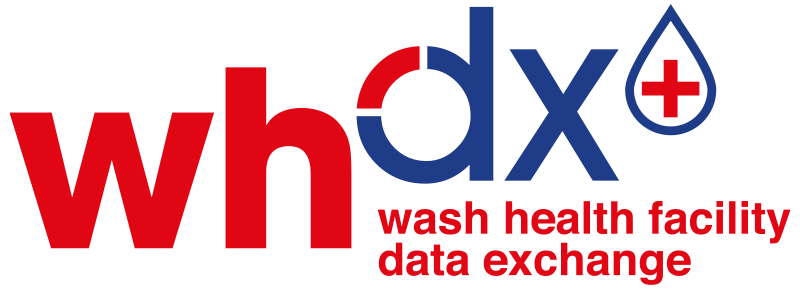Reflecting on 2018
2018 was a massive year for WPDx, and I’m excited to share a few updates about how WPDx is driving improved across the water sector. We’ve organized these updates by the four main categories in the WPDx theory of change.
Convening Experts to Refine the Data Standard:
As the Water sector has continued to evolve, we’ve successfully updated the WPDx standard to enable sharing of the most relevant information among stakeholders. In 2018, we successfully integrated water quality attributes, which were one of the most requested features of WPDx. This was done in partnership with external stakeholders, including the JMP, to ensure the most relevant attributes were developed. We also began discussions on a suite of changes of the standard that will dramatically enhance analysis of the data, including #scheme_id, recommended taxonomy for #water_tech and #water_source, and a #notes field that will allow data providers to make WPDx even more useful to them. These proposed changes reflect an increased focus on making it easier to use the data in WPDx to improve water services.
Maintaining a Platform to Enable Data Sharing:
The WPDx web platform has been dramatically enhanced over the past year to improve the way the water sector shares data. We’ve overhauled the back-end software in order to allow for near real-time automatic sharing of data sharing from other databases. This allows an automated link to data collected on a mobile phone or a government’s own MIS. These changes have made it easier than ever to share data. The web platform continues to be a keystone of our collective efforts to enable data sharing throughout the water sector.
Collaborating with WASH Community to Increase Sharing of Harmonized Data Using Data Standard:
This year, we’ve added over 120,000 water point records to the WPDx repository across an unprecedented 48 countries. Based on guidance from the working group to focus on governments, data was integrated from six government partners (Liberia, Sierra Leone, Benin, Ghana, Zambia, and Burkina Faso) in addition to more than a dozen NGOs, multi-laterals, and other data providers. The WPDx repository is continuing to grow, and this year we also passed the milestone of over half a million harmonized records. This is a massive achievement, recognizing that this is more than 5x the largest harmonized data set that existed before WPDx, and more than 70x the average dataset in the sector. Together, we are changing the data landscape for rural water services.
Supporting Learning and Evidence-Based Decision-Making Using Harmonized Data:
This year has laid the groundwork for turning the world’s largest harmonized rural water data set into an engine for improved water services. To do this, we have collaborated with a team of data science experts, including world-class leaders including DataRobot and ESRI. We have developed a suite of decision support tools that are already helping governments make better decisions and improve water services. We have presented on these tools around the world and held live feedback sessions with government actors at all levels to tailor the tools to their needs. These tools provide a powerful starting point for turning data into insights, and insights into action. NGOs, governments, and other development partners can all use these tools to improve efficiency and coordination, reaching more people than ever with critical water services and ensuring that no one is left behind. WPDx has also supported a dynamic research community, with WPDx being cited in multiple journal articles throughout the year, and contributing to others that will be published soon.
From the outset, we all inherently knew that more information could improve water services. This year, we saw that belief validated again and again as WPDx transitioned from a data gathering exercise to a tool that is improving the lives of communities around the world.
Looking Towards 2019
This year, we will scale our work in driving impact using WPDx. With generous support from donor partners, we will be collaborating directly with new governments to roll out the new decision support tools and collecting feedback for improvements along the way. We will also be updating the way data flows through our website to improve data cleaning and create the option for adding external data to water point records. In addition, as WPDx has grown and evolved, we will be looking at bringing new stakeholders into the working group this year to make sure we’re getting the best possible guidance as we face new challenges and opportunities. We are looking forward to collaborating as we use evidence to improve water services around the world.
Thank you all,
Brian
